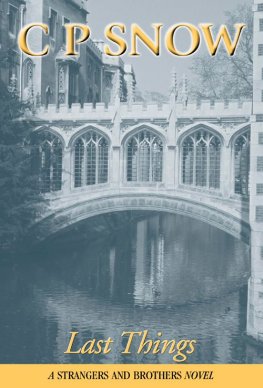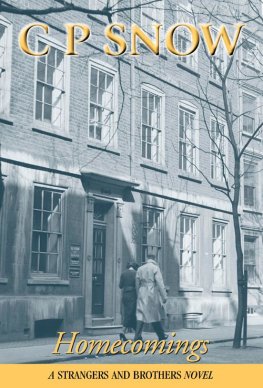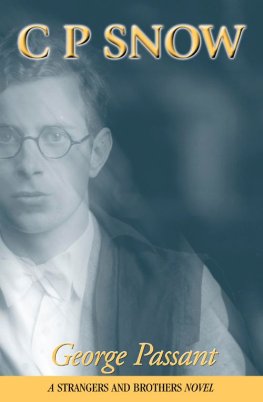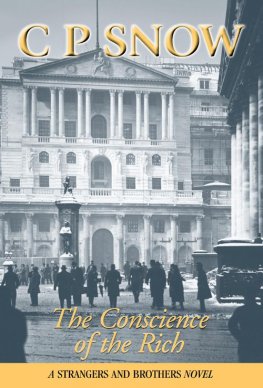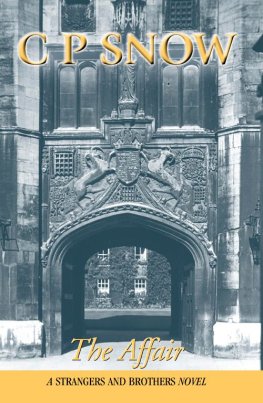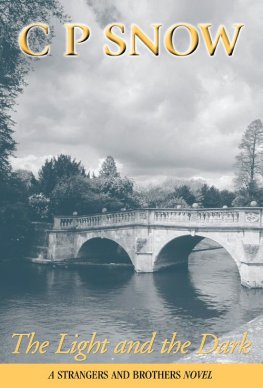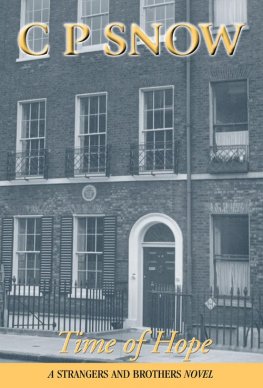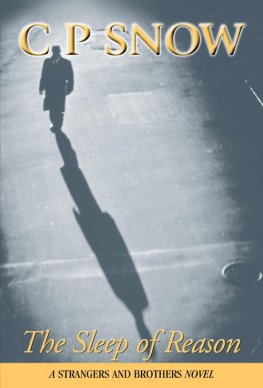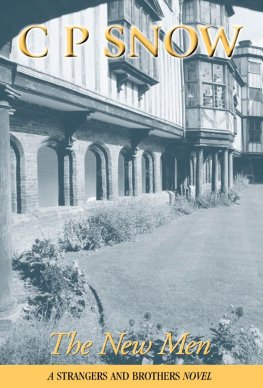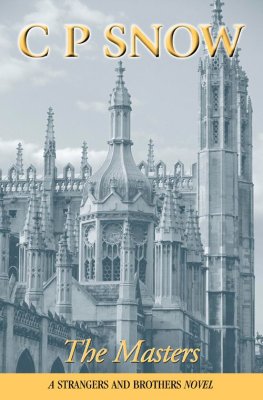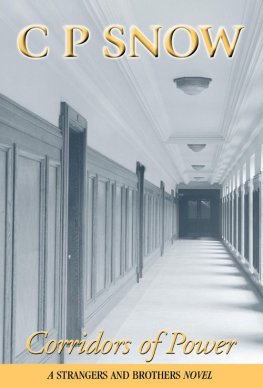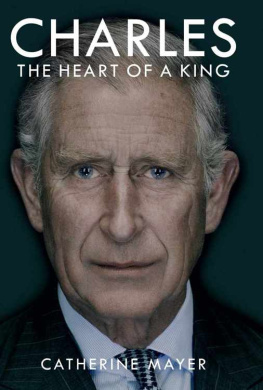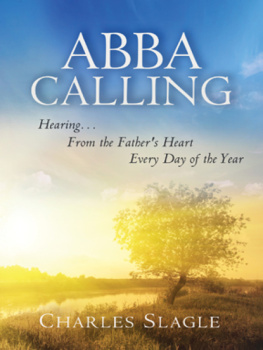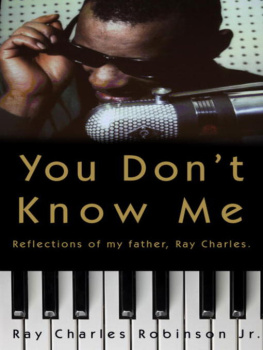
Charles Percy Snow was born in Leicester,on 15 October 1905. He was educated from age eleven at Alderman Newtons School forboys where he excelled in most subjects, enjoying a reputation for anastounding memory and also developed a lifelong love of cricket. In 1923 he becamean external student in science of LondonUniversity, as the local college heattended in Leicester had no sciencedepartment. At the same time he read widely and gained practical experience byworking as a laboratory assistant at Newtonsto gain the necessary practical experience needed.
Having achieved a first class degree, followed by a Masterof Science he won a studentship in 1928 which he used to research atthe famous Cavendish Laboratory in Cambridge.There, he went on to become a Fellow of Christs College, Cambridge, in 1930 where he also served as atutor, but his position became increasingly titular as he branched intoother areas of activity.In 1934, he began to publish scientificarticles in Nature, and then The Spectator beforebecoming editor of the journal Discovery in 1937. However, he wasalso writing fiction during this period, with his first novel Death Under Sail published in 1932, and in 1940 Strangers andBrothers was published. This was the first of eleven novels in theseries and was later renamed George Passant when Strangersand Brothers was used to denote the series itself.
Discovery became a casualty of the war, closingin 1940. However, by this time Snow was already involved with theRoyal Society, who had organised a group to specifically use British scientifictalent operating under the auspices of the Ministry of Labour. He servedas the Ministrys technical director from 1940 to 1944. After the war, hebecame a civil service commissioner responsible for recruiting scientists towork for the government.He also returned to writing,continuing the Strangers and Brothers series of novels.TheLight and the Dark was published in 1947, followed by Time of Hope in 1949, and perhaps the most famous and popular of them all, The Masters,in 1951. He planned to finish the cycle within five years, but thefinal novel Last Things wasnt published until 1970.
He married the novelist Pamela Hansford Johnson in 1950and they had one son, Philip, in 1952.Snow was knighted in 1957 andbecame a life peer in 1964, taking the title Baron Snow of the CityLeicester.He also joined Harold Wilsons first government asParliamentary Secretary to the new Minister ofTechnology.When the department ceased to exist in 1966 hebecame a vociferous back-bencher in the House of Lords.
After finishing the Strangers and Brothers series,Snow continued writing both fiction and non-fiction. His last work of fictionwas A Coat of Vanish, published in 1978. His non-fictionincluded a short life of Trollope published in 1974 and another, published posthumously in 1981, The Physicists: a Generation that Changed the World. He was also inundated withlecturing requests and offers of honorary doctorates. In 1961, hebecame Rector of St. Andrews University and for ten years also wroteinfluential weekly reviews for the Financial Times.
In these later years, Snow suffered from poor healthalthough he continued to travel and lecture. He also remained active asa writer and critic until hospitalized on 1 July 1980. He died laterthat day of a perforated ulcer.
Mr Snow has established himself, on his own chosen ground, in an eminent and conspicuous position among contemporary English novelists - New Statesman
AS the car passed the first houses away from London Airport (the September night had closed down, lights shone from windows, in the back seat one heard the grinding of the windscreen wiper) Margaret said: Is there anything waiting for us?
I hope not.
She meant, bad news. It was the end of a journey, the end of a holiday, coming home. We had each of us felt that edge of anxiety all our lives: not only when there was something to fear in a homecoming, but when, as now, there was no cause at all. As a child of eight, I had rushed from the days outing full of dread, back to my mothers house, expecting what fatality I couldnt name. I had known that happen often enough since, and so had Margaret. It used to get hold of me, coming home across the Channel, just about the time that I could see the cliffs. But that was a long time ago, before the war: travel had changed by now: and, if it was going to happen often it didnt, but that night Margaret and I were trapped by the old habit it was along the motorway, the Airport left behind.
Yes, people had learned to call it angst, appropriating a stronger word. In fact, this state, except that it hadnt a cause, was much more like what games-players called the needle, or what others felt when they went into an examination room or knew they were due to make a speech. Curiously enough, the top performers never lost it. You had to be a little nervous, so they said, to be at your best. It wasnt all that dreadful. One learned to live with it. And perhaps, as one grew older, it was a positive reassurance to find the nerves at ones elbows tightening and to be reminded that it was possible to be as keyed up as one used to be.
Still, Margaret was unusually silent, not leaving much interval between cigarettes, willing the car into London. It wouldnt have soothed her, or me either, to tick off the worries and reason them away. The neon names of factories high above the road: the standard airport journey, it might have been anywhere in the world: point A to point B, the topology of our time. It was familiar to us, but it seemed long. The eastbound traffic in the Cromwell Road was thick for eight oclock at night.
In Queens Gate, bars of gold on the streaming pavements. A wait at the park gates. The glint of the Serpentine, the dark trees. At last, our block of flats.
Margaret said, The driver will help you in, Ill go ahead. While I was bringing the bags out of the lift, I saw our door open and heard her voice and the housekeepers. All was well, came loud Italian repetitions. Margarets father no, no bad news. All was well. A letter from Mr Maurice waiting for her. A postcard from Mr Charles. All was well. The housekeeper embraced the whole of Margarets family sense and obligations.
In the drawing-room, lamps reflected in the black sky over the park, Margaret and I exchanged sheepish smiles. Pouring out drinks, she said, Well, there doesnt seem anything disastrous for the moment, does there? She was touching wood, but she was happy. We sat on the sofa, the bright pictures welcoming us, letters on the coffee table close beside our glasses; as the last reflex of the journey home, she riffled through them, but left them still unopened. If there had been anything wrong with her father, there would have been a message from Helen. He was too much an invalid to leave alone, and her sister had come to London to be on call, so that we could take our holiday. It had been our first holiday by ourselves for months or years. It was peaceful, but also strange, to sit there in the empty flat.
Any earlier summer, one of the boys or both would have been returning with us. Margaret leaned back, her colour quite returned. Neither of us wanted to stir. At last she picked out an envelope from the pile, the letter from Maurice, her son by her first marriage.
She read, eyes acute but without expression. Then she broke out, He seems very well and cheerful. She looked at me with delight: she knew that I, like everyone in the family, was fond of Maurice. As for her, her face was softened, love shining through, and a curious kind of pride, or even admiration.

